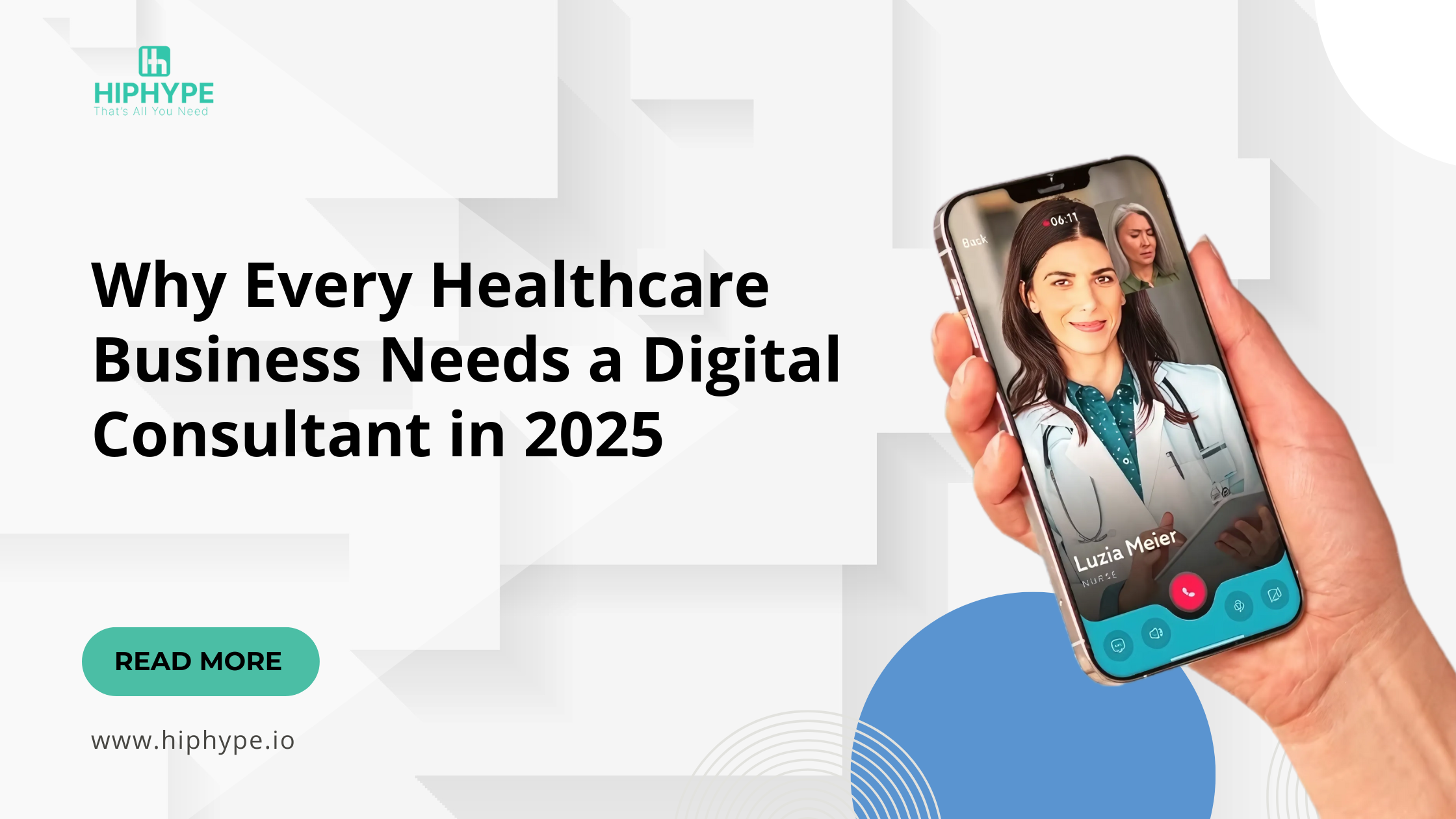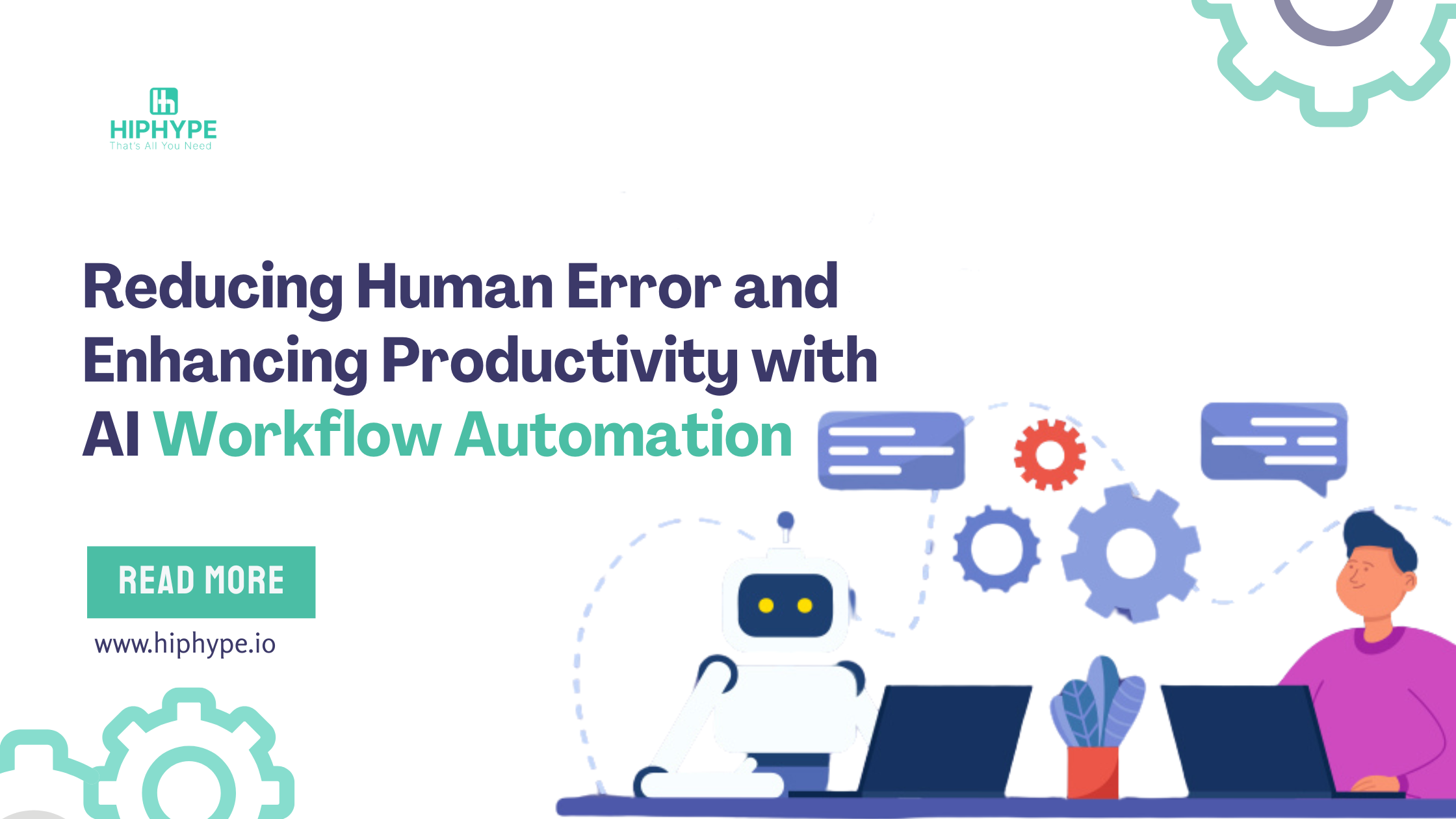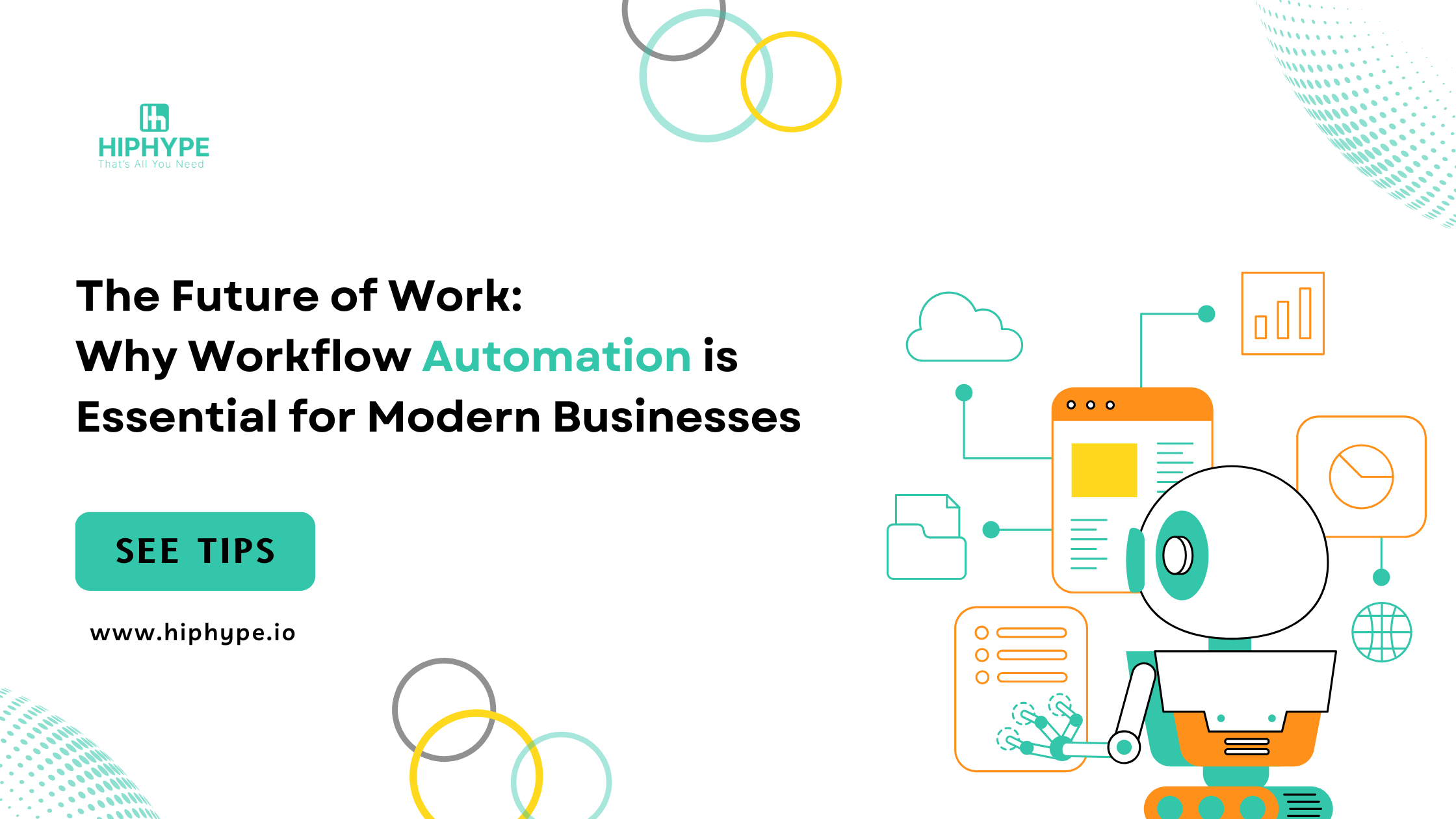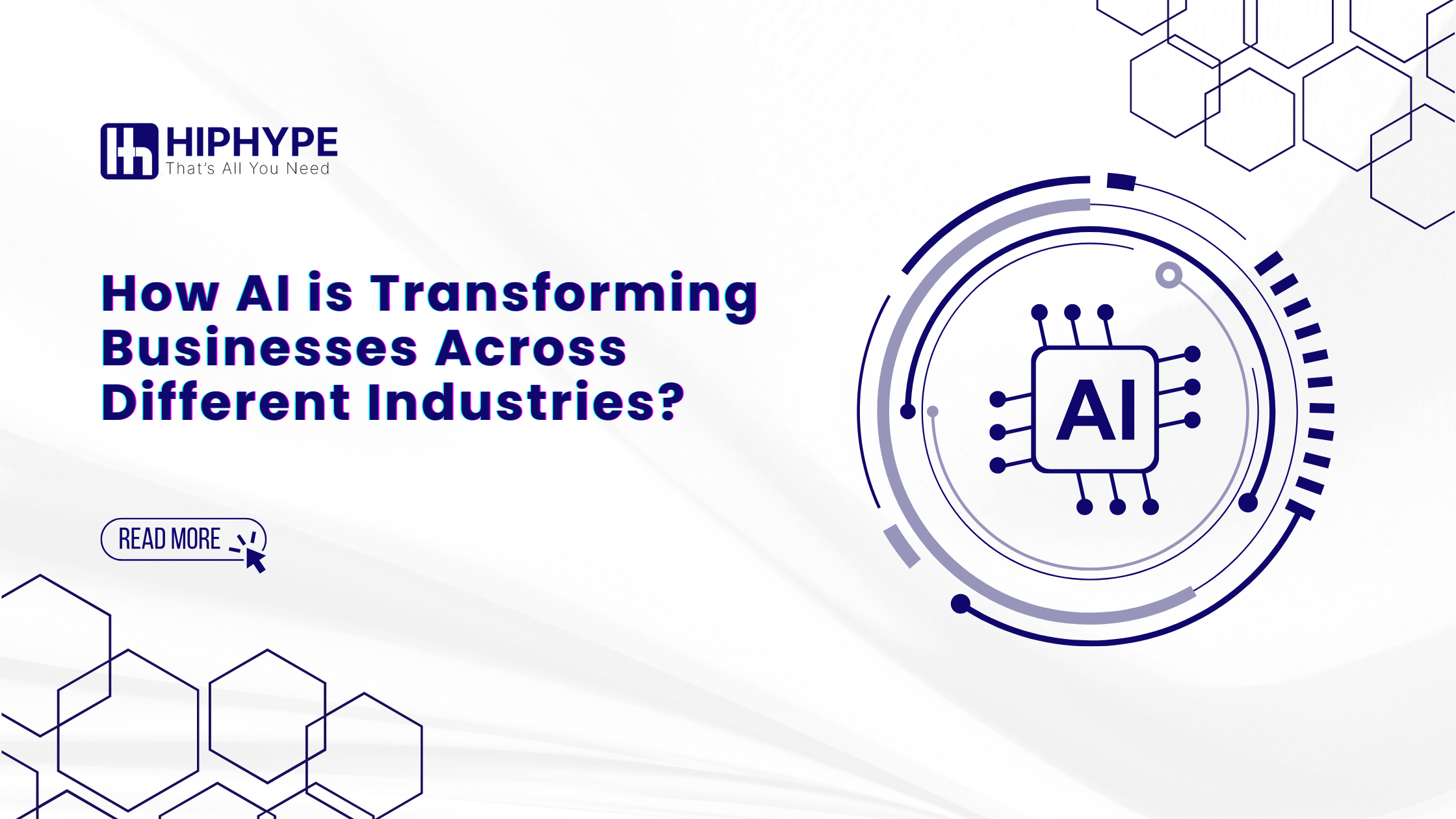In 2025, the healthcare industry stands at the intersection of innovation and necessity. As patient expectations rise and operational demands intensify, healthcare providers must embrace technology not just as a tool, but as a strategic partner. Enter the digital consultant for healthcare: a vital asset for navigating the complexities of modern medicine.
From workflow automation in healthcare to implementing cutting-edge digital healthcare solutions, the role of digital consultants has evolved from optional to essential. This article explores why partnering with experts in healthcare digital consulting services is not only smart but mission-critical in 2025.
Today’s patients demand speed, personalization, and convenience—values often at odds with legacy systems and siloed departments. Meanwhile, providers face shrinking margins, workforce shortages, and increasing regulatory pressures. Without a coordinated technology strategy, these challenges can hinder clinical outcomes and business sustainability alike.
This is where digital consultants for healthcare shine. They don’t just install software—they orchestrate a long-term plan for intelligent growth, systems integration, and improved care delivery. Their guidance helps health systems align their digital tools with strategic goals, ensuring that every dollar invested in technology returns measurable value.
By working with AI consultants for clinics and specialists in healthcare automation solutions, providers gain a competitive edge in delivering high-quality care while reducing costs. With expertise in technology consulting healthcare, digital consultants can customize platforms and optimize data usage to serve both clinical and operational goals. Whether it’s implementing GPT in healthcare systems for smarter communication or ensuring compliance through medical technology consulting, their role is comprehensive and critical.
The State of Healthcare in 2025
Healthcare businesses are under mounting pressure to deliver faster, safer, and more personalized care—all while reducing costs and maintaining compliance. The COVID-19 pandemic fast-tracked many digital initiatives, but true healthcare digital transformation requires sustained strategy, technical expertise, and a forward-thinking mindset.
Technologies like AI, machine learning, and automation are transforming how clinics, hospitals, and health systems operate. Yet, the challenge isn’t in accessing technology—it’s in implementing it effectively. That’s where digital health consultants come in.
What is a Digital Consultant for Healthcare?
A digital consultant for healthcare is a specialized advisor who bridges the gap between medical operations and modern technology. They evaluate an organization’s existing systems, identify opportunities for innovation, and implement customized digital healthcare solutions that drive outcomes.
Whether it’s optimizing patient data workflows, integrating AI tools, or automating repetitive administrative tasks, healthcare digital consulting services help transform vision into action.
Key Reasons Every Healthcare Business Needs a Digital Consultant in 2025
1. Driving Healthcare Digital Transformation
Transformation is more than digitization. While moving from paper records to EHRs was a big step, the next frontier is intelligent, connected, and predictive systems. Digital consultants help healthcare providers adopt tools that:
- Predict patient needs using AI
- Streamline appointments and billing
- Enable real-time remote monitoring
- Enhance telemedicine platforms
2. Implementing Workflow Automation in Healthcare
Automation is essential for managing staff workloads and minimizing error. A consultant can introduce automation tools that:
- Auto-schedule appointments
- Automate insurance claim submissions
- Digitally notify patients of lab results
3. Integrating AI and GPT in Healthcare Settings
From triaging patients to auto-generating documentation, GPT in healthcare is revolutionizing care. AI consultants for clinics help deploy models that:
- Reduce physician admin time
- Improve patient engagement through chatbots
- Detect early warning signs in imaging and records
4. Customizing Digital Healthcare Solutions
Off-the-shelf software often lacks flexibility. Consultants create solutions tailored to your specific environment, integrating seamlessly with your staff, systems, and patients.
5. Navigating Compliance and Security
Medical technology consulting ensures HIPAA, HITECH, and GDPR compliance while implementing advanced data encryption, access controls, and security audits.
6. Achieving Scalable Growth
Whether you’re opening a new clinic or expanding telehealth, a digital roadmap created by a consultant ensures tools and systems scale effectively.
7. Enhancing Patient Engagement
Today’s patients expect 24/7 digital access. Consultants help implement features like:
- AI-driven symptom checkers
- Secure messaging systems
- Mobile health apps
8. Boosting Staff Efficiency and Satisfaction
Consultants recommend tools that simplify UIs and reduce burnout by eliminating repetitive administrative tasks—helping staff focus more on patients.
Final Thoughts
In 2025, strategy and technology are inseparable in healthcare. Digital transformation isn’t just about keeping up—it’s about leading the way in patient care, operational efficiency, and growth. With the help of experienced digital consultants, healthcare businesses can confidently navigate the complexities of modern medicine while delivering better outcomes.
As new challenges emerge—ranging from evolving patient needs to complex compliance updates—the healthcare industry must stay agile. Investing in a long-term digital strategy now ensures your business is prepared for the future. Digital consultants provide not only the tools but the expertise to evolve, scale, and succeed.
Healthcare automation solutions are no longer optional—they are the foundation of modern care delivery. Technology consulting in healthcare unlocks smarter, faster ways of working that align with both business performance and patient satisfaction. With healthcare digital consulting services, clinics and hospitals can eliminate inefficiencies, enhance decision-making, and empower staff to do their best work.
The right strategy and the right technology can turn challenges into opportunities.
Whether you run a local clinic or a large health system, now is the time to invest in expert-led, intelligent transformation.





